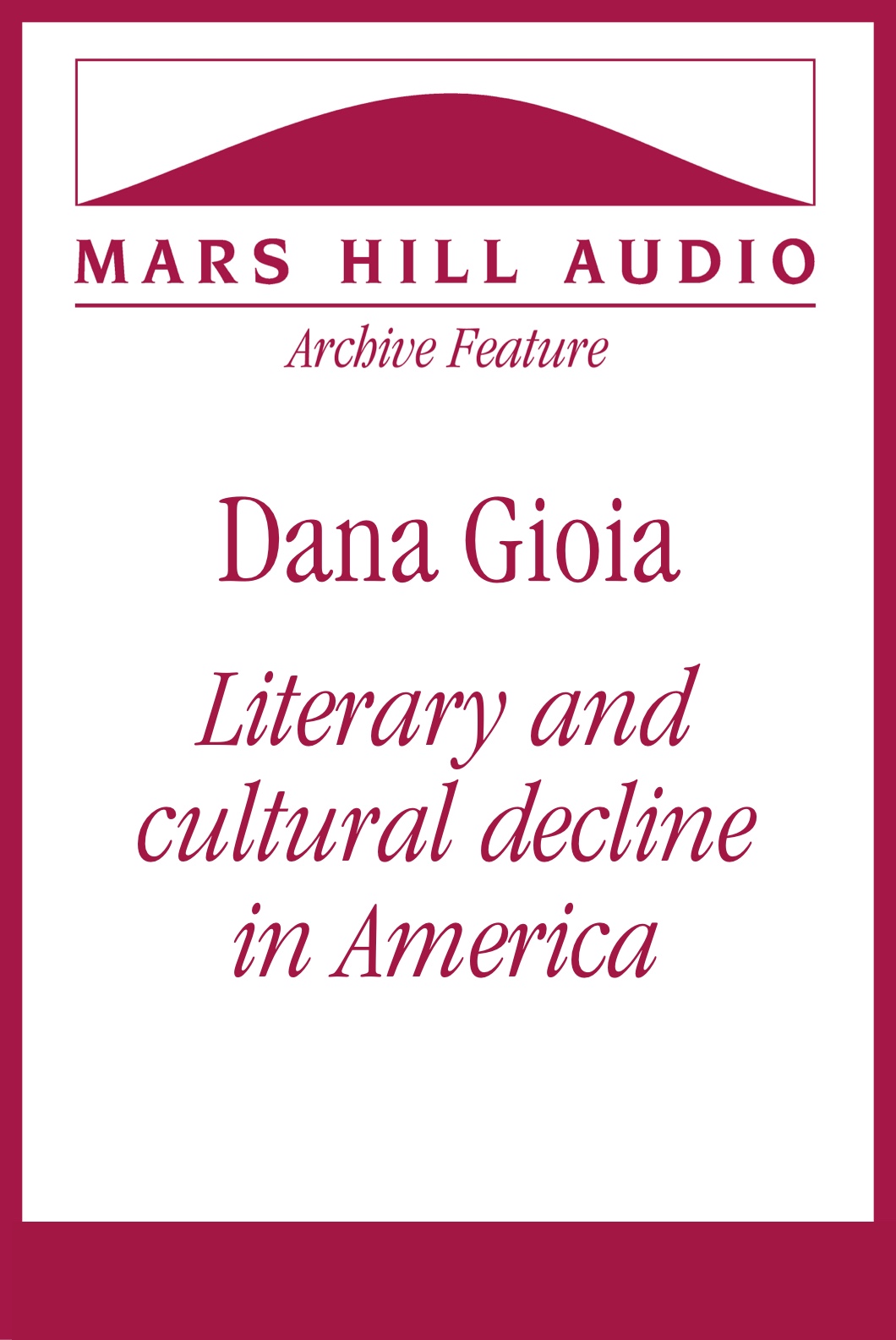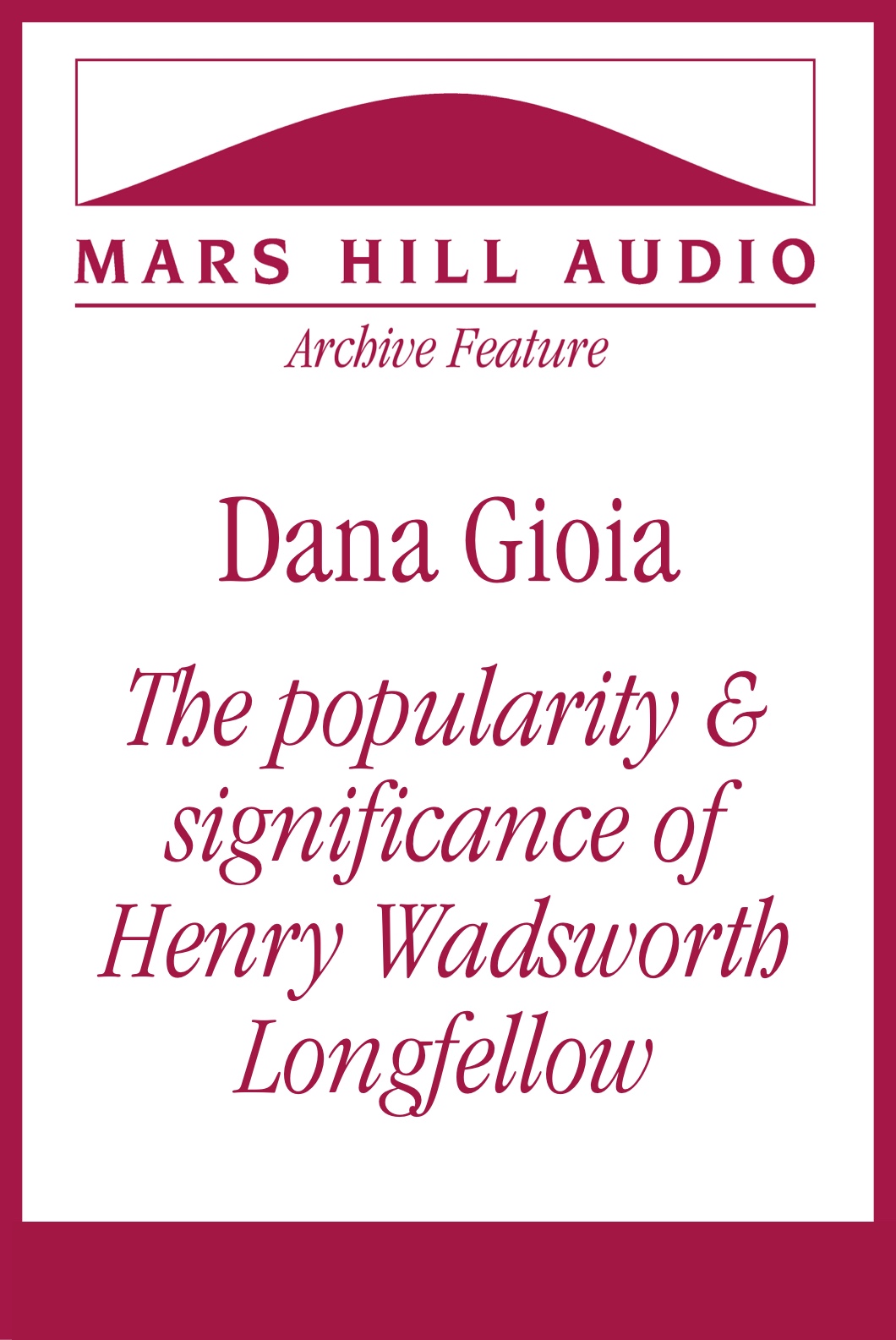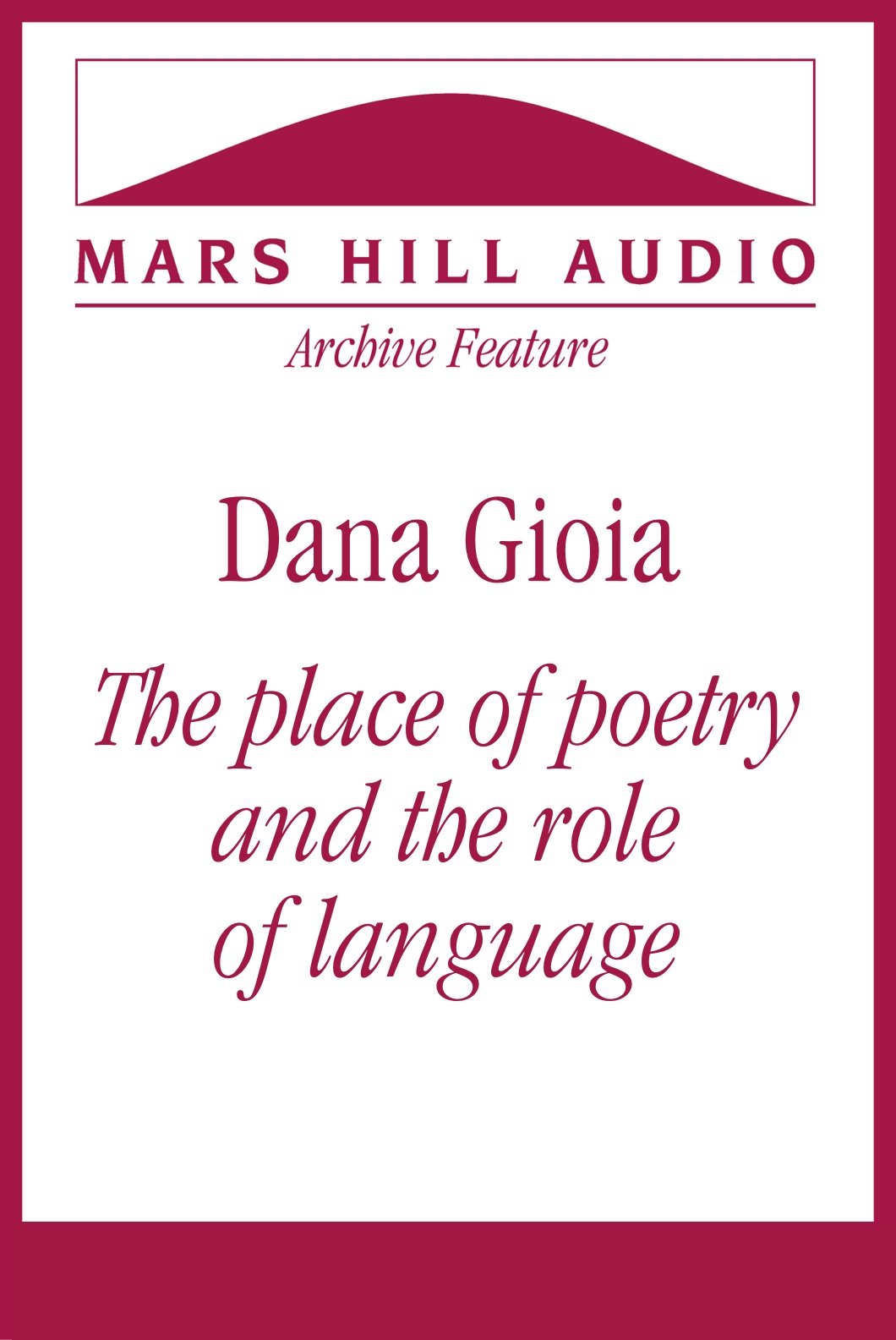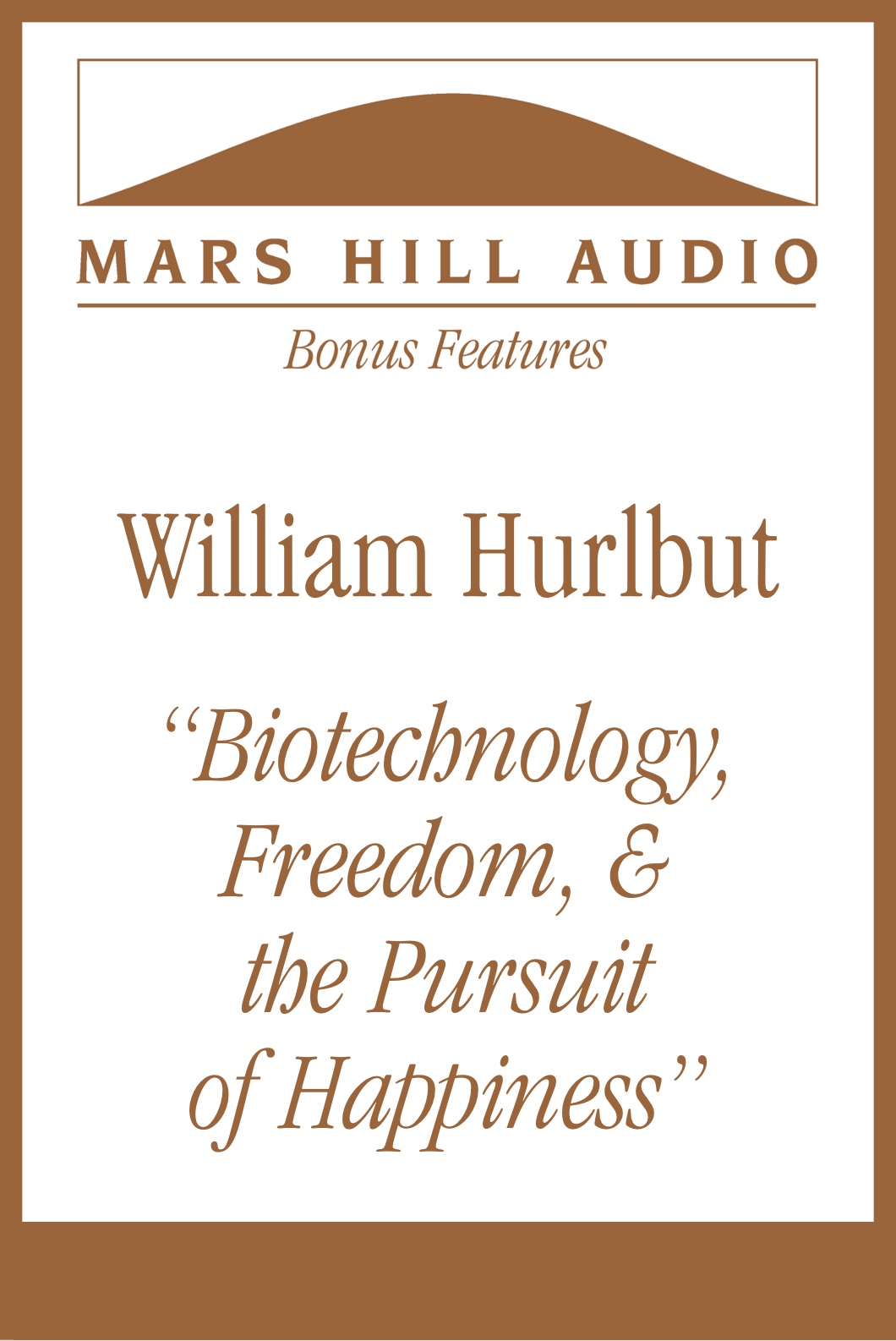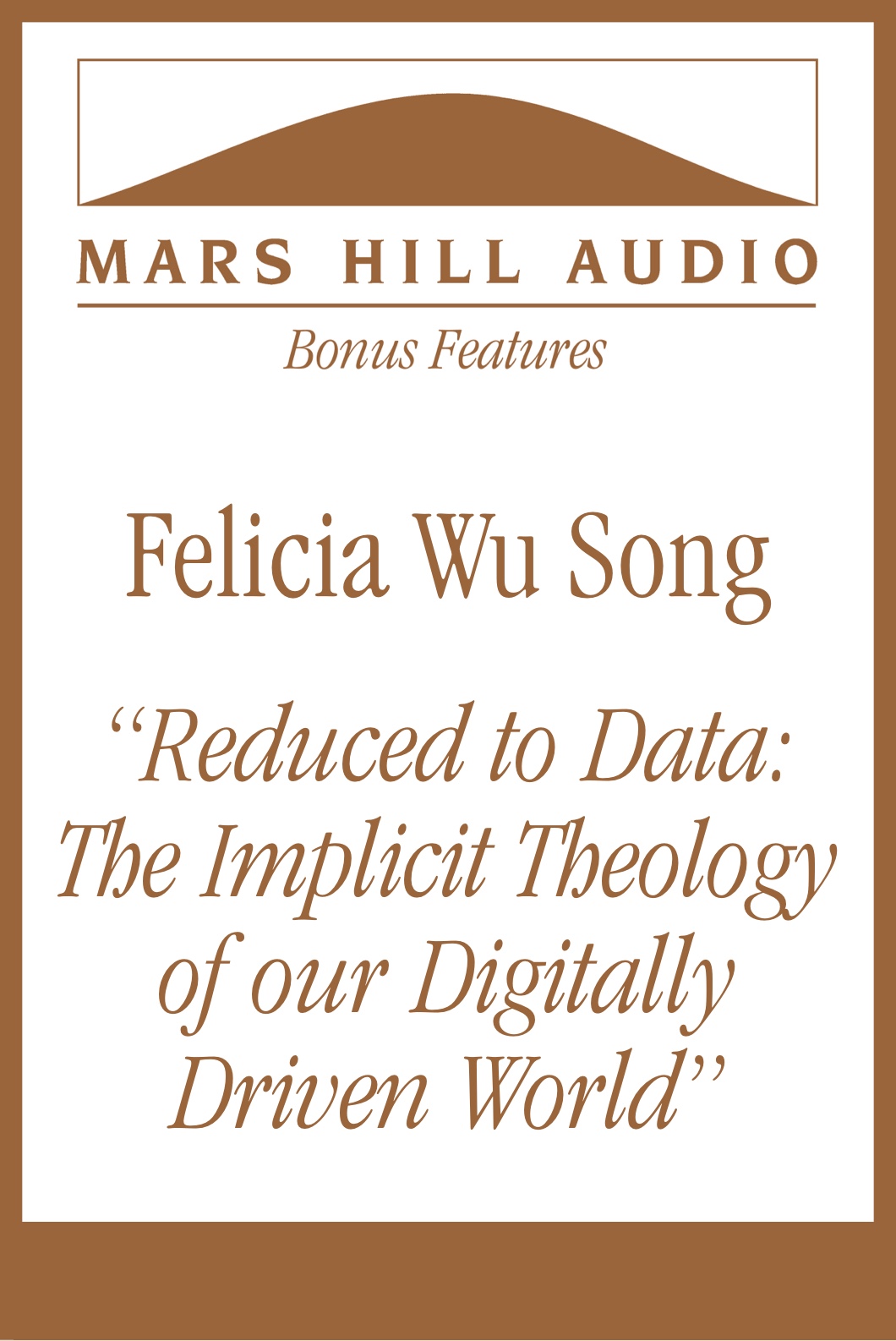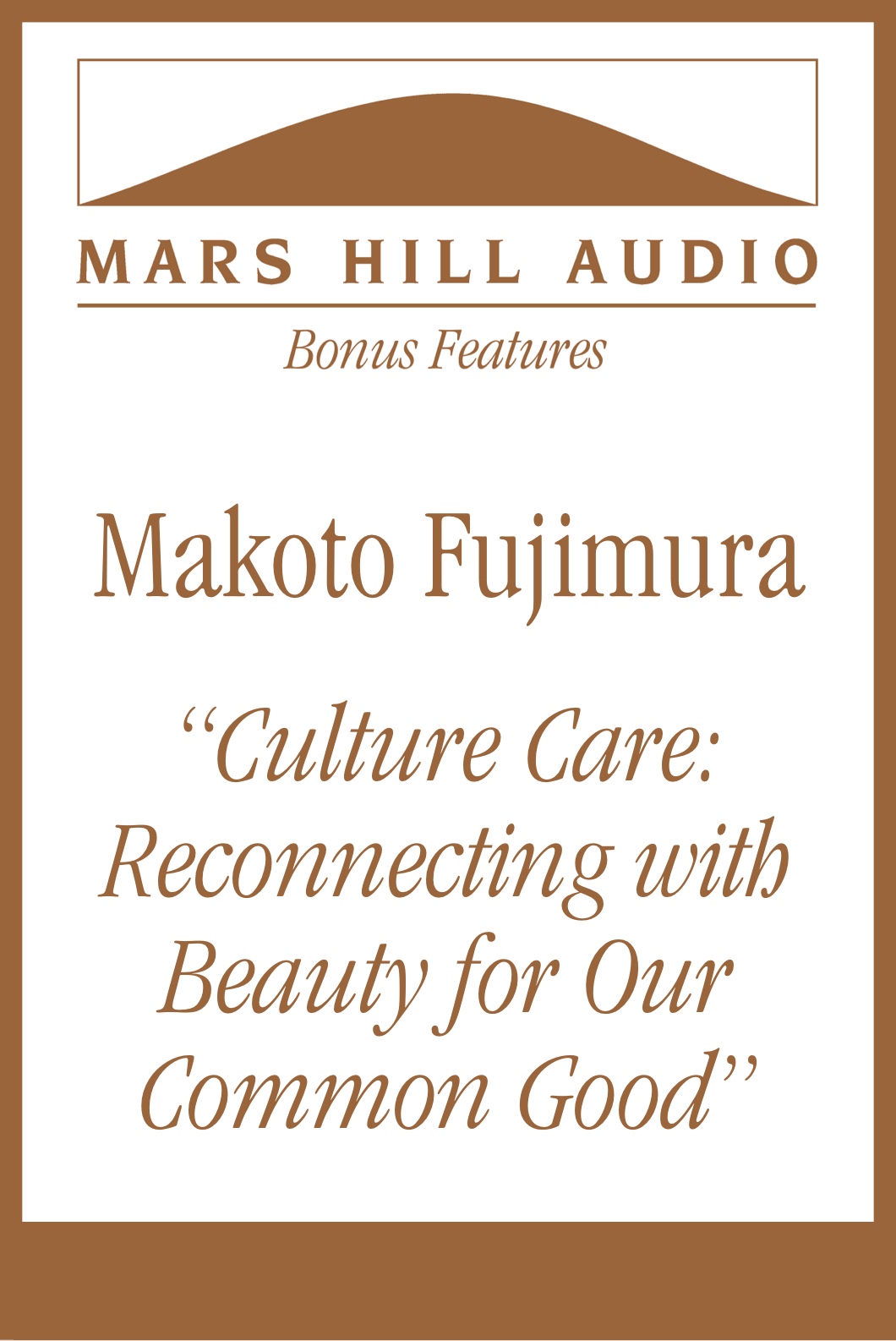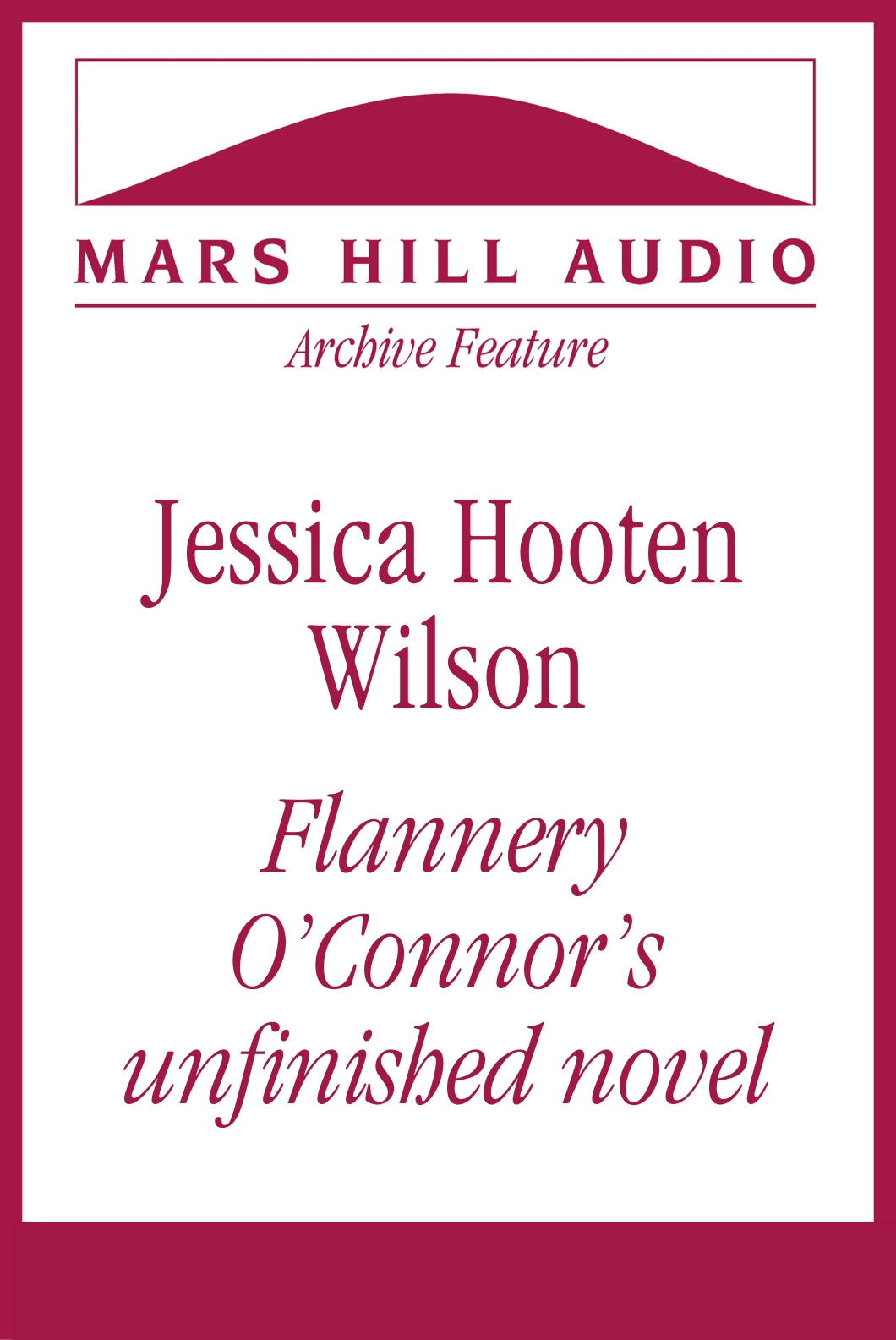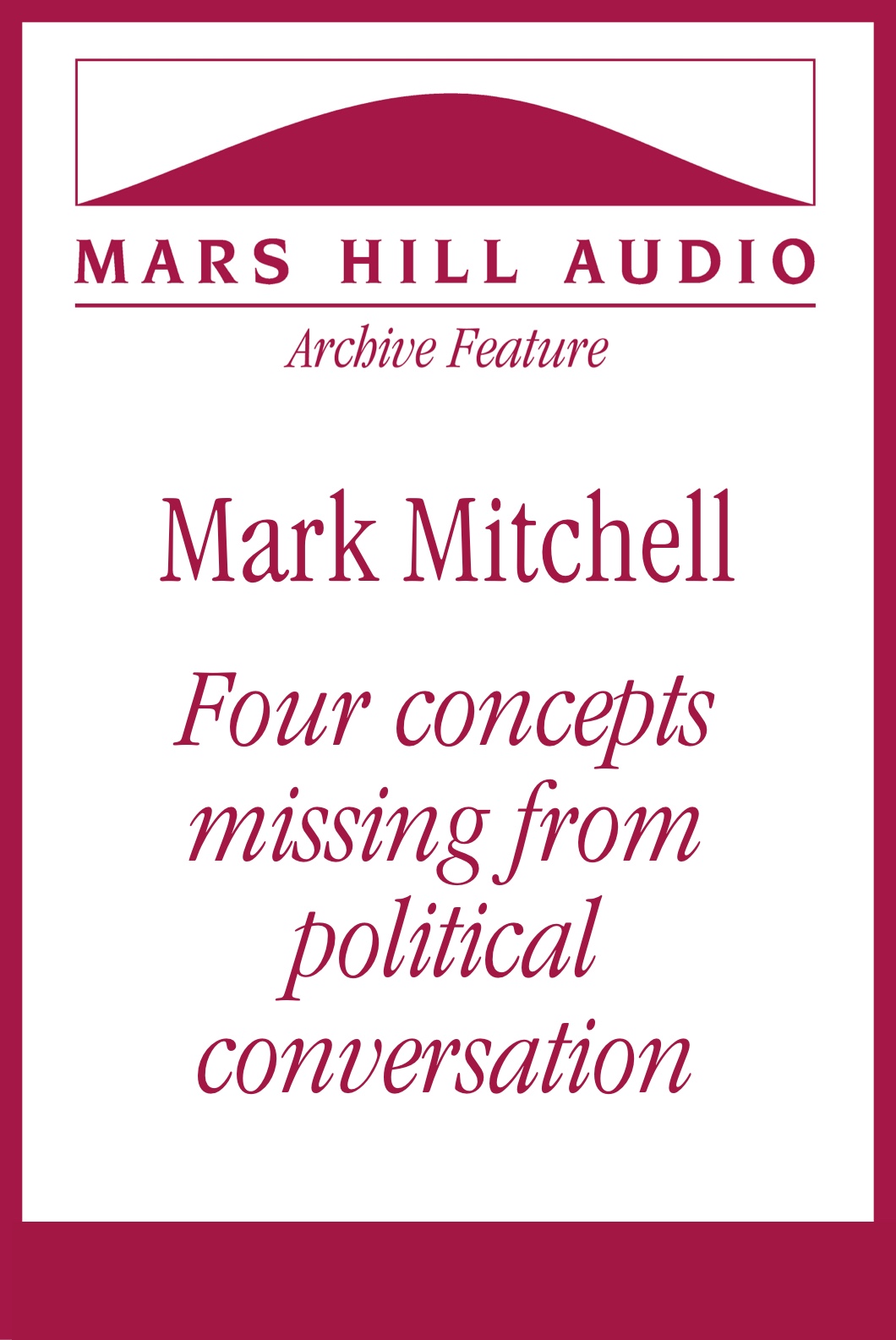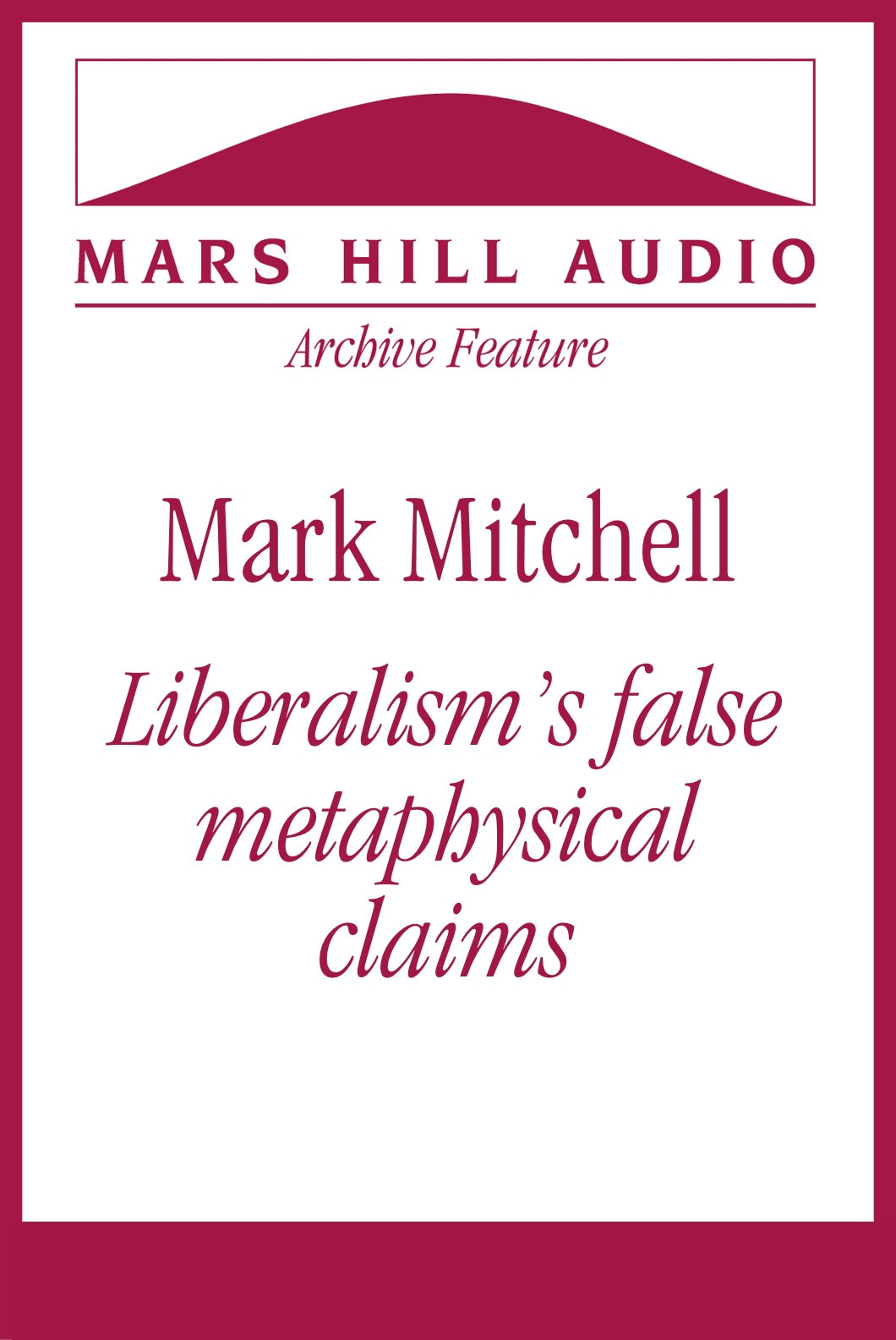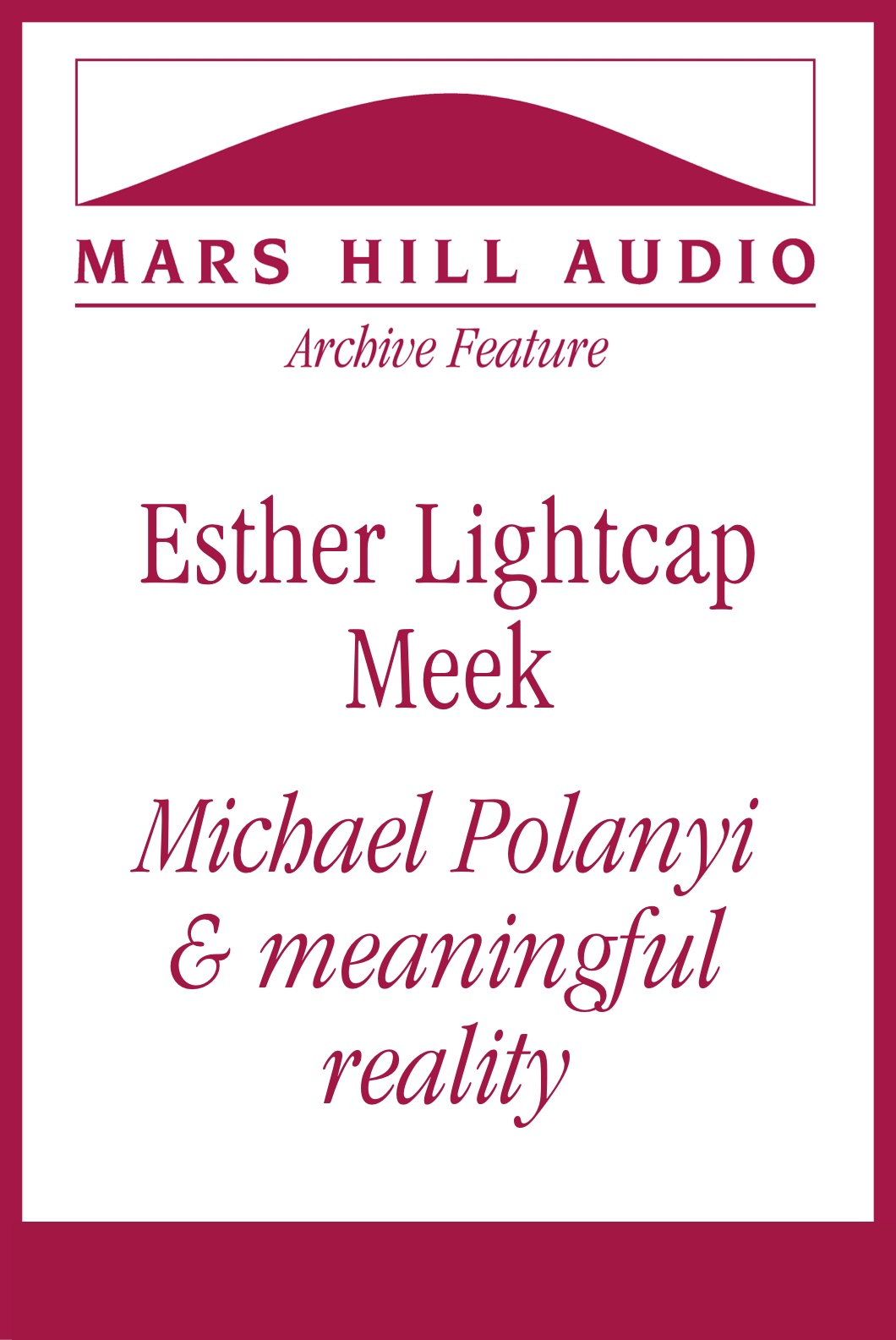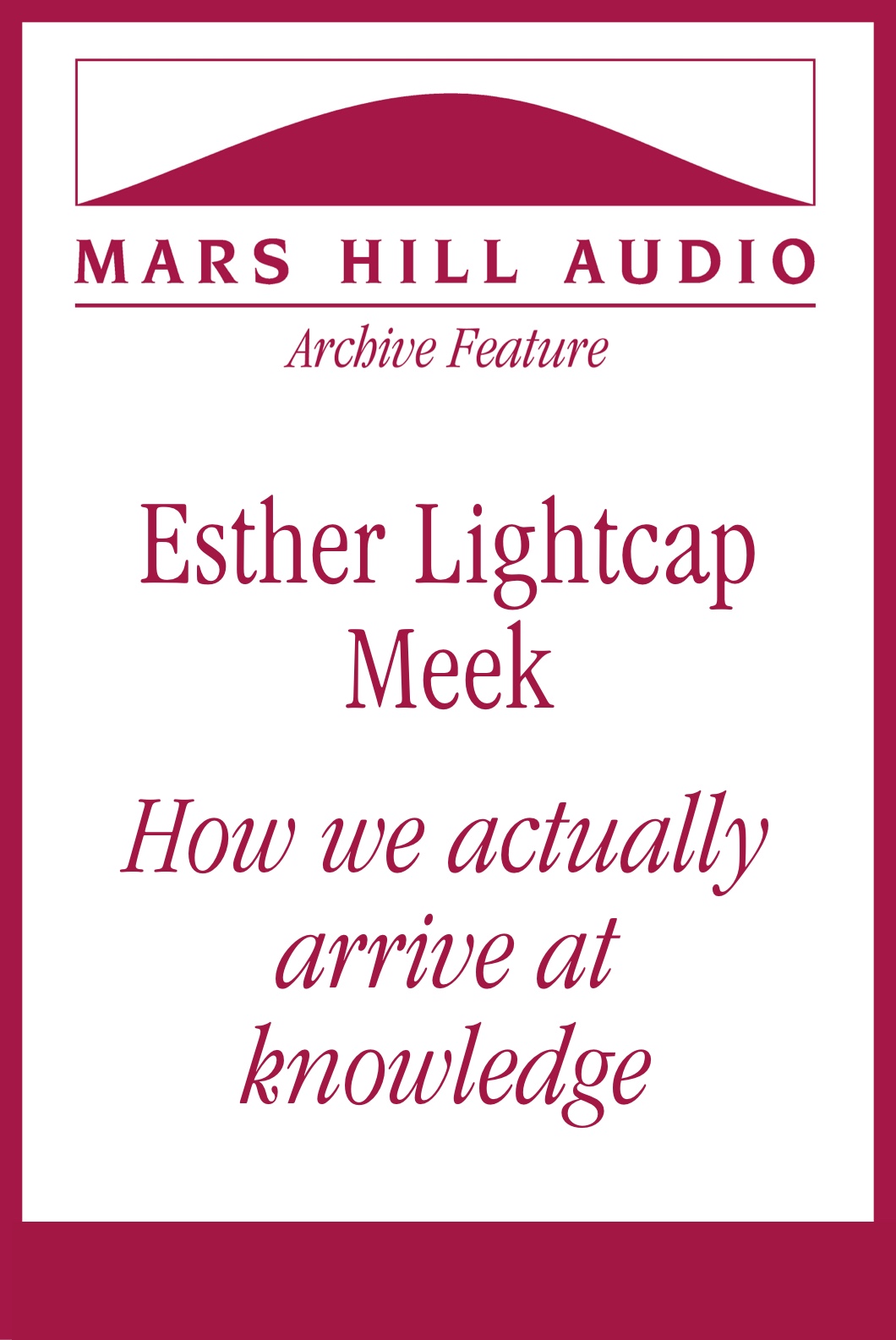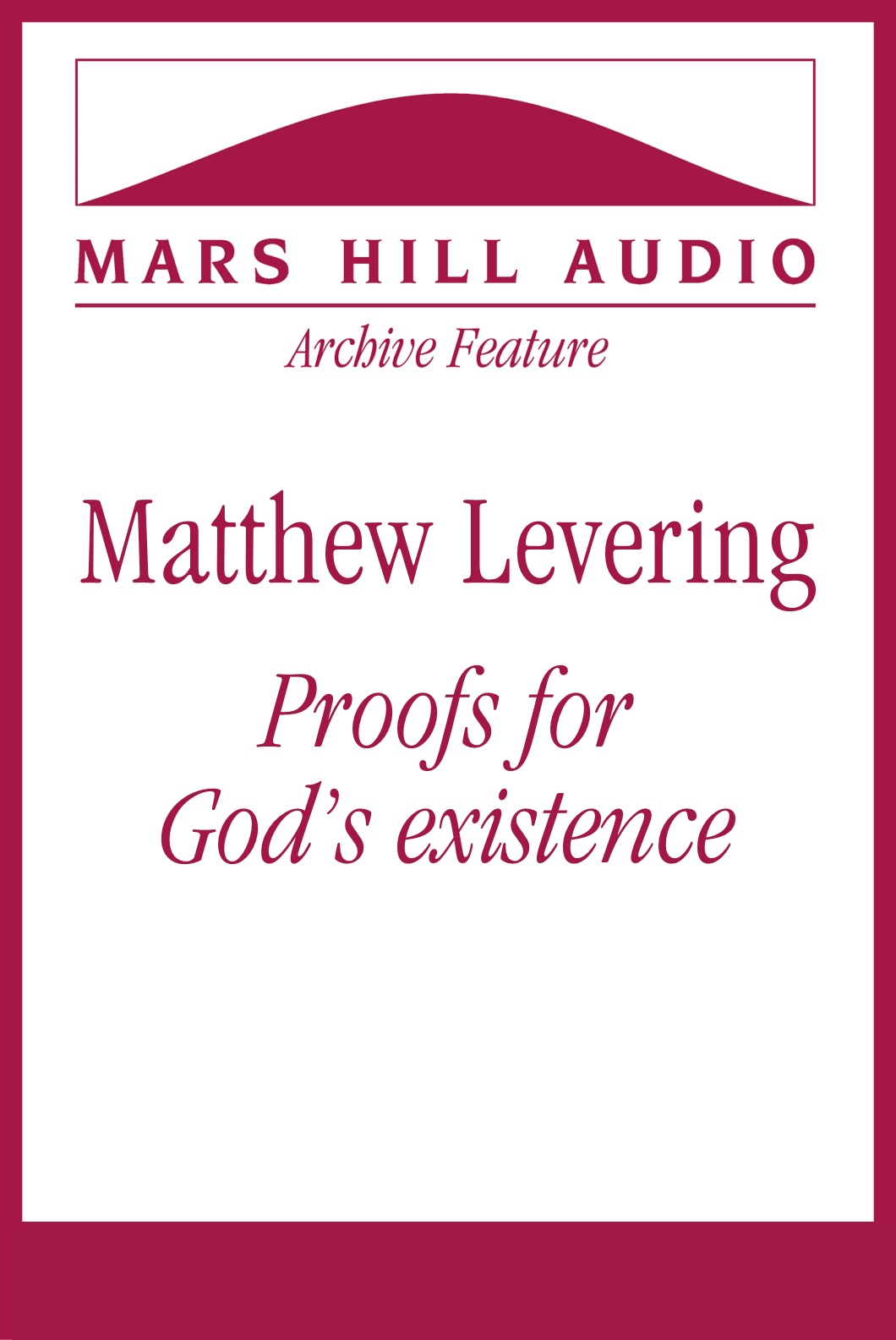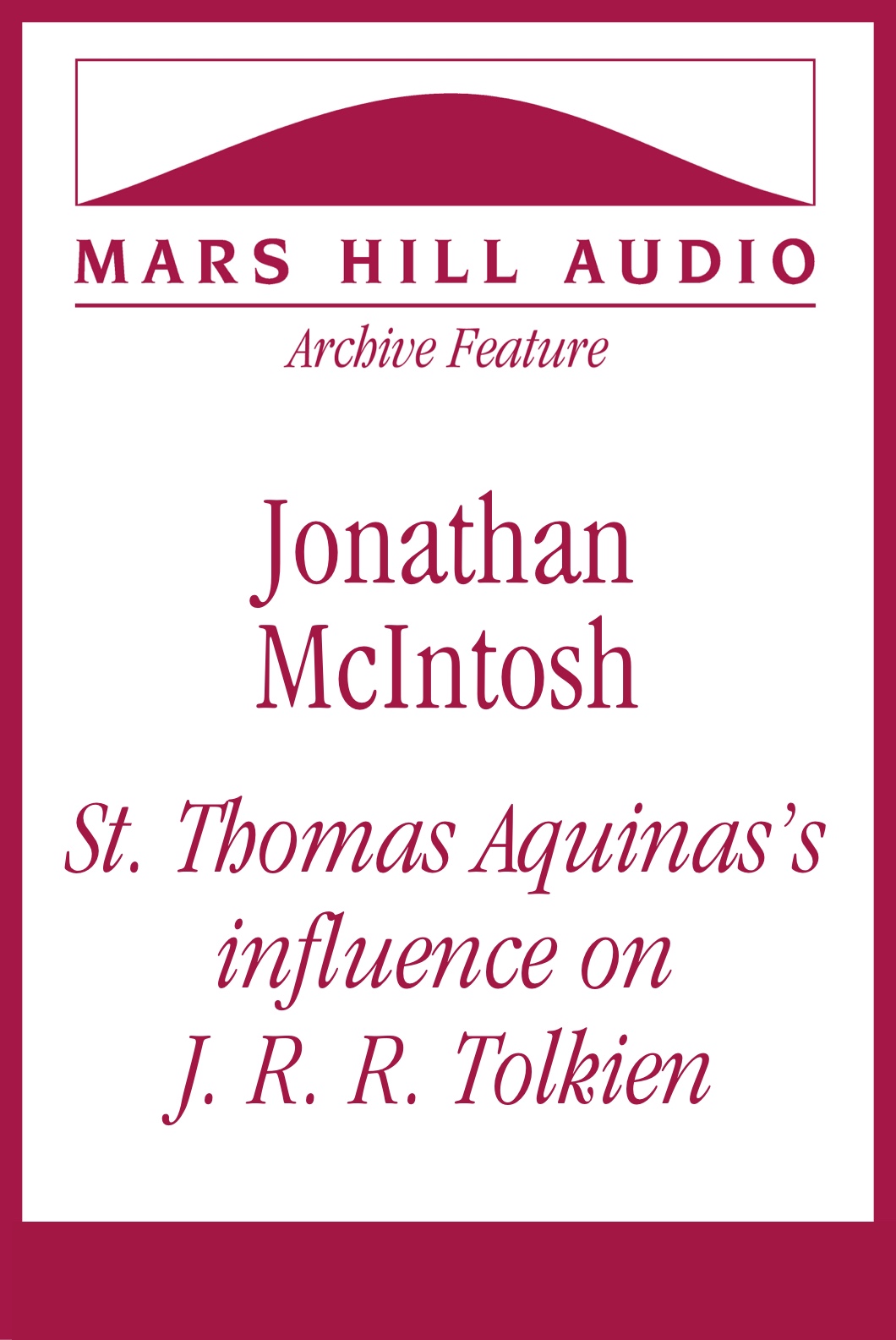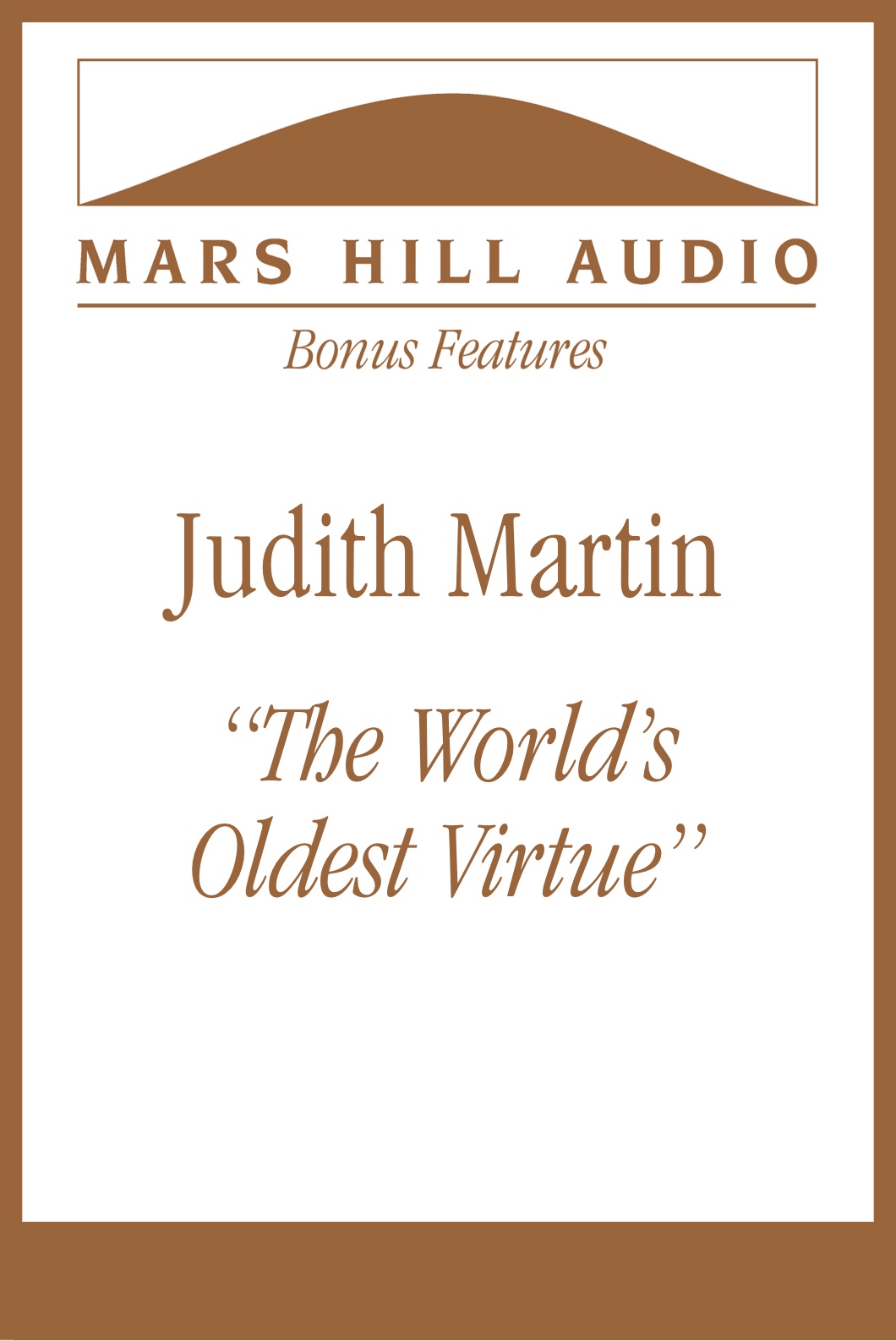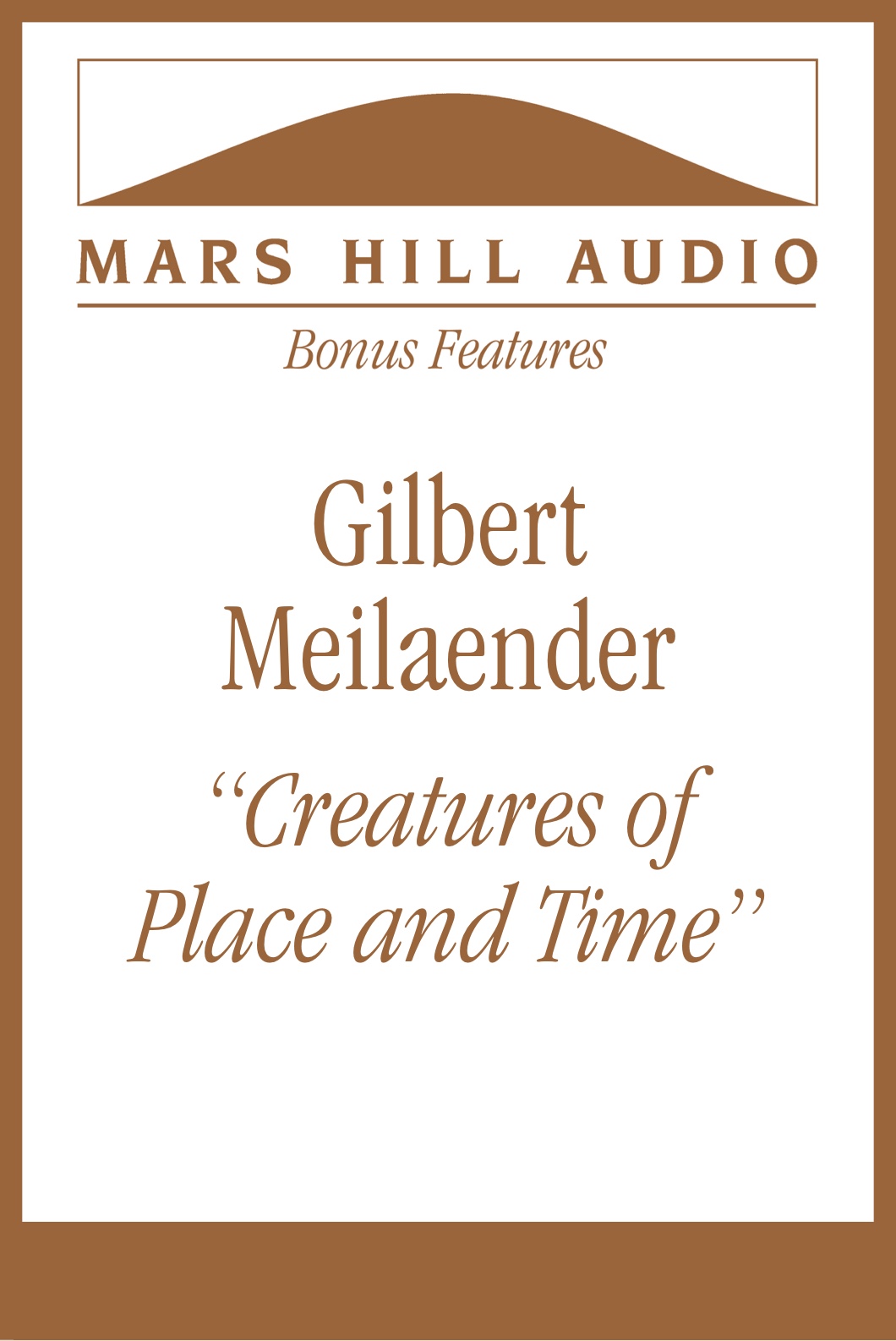Here are the 18 most recent Archive Features, Bonus Features, and Conversations. Members can download and play these programs from the Library screen on their app.
The importance of literary reading
Longfellow’s appeal
Sacramental correspondence
Ideas made incarnate
In this lecture, Karen Swallow Prior examines the power of great literature to shape lives, nourish imaginations, and develop a vision of the good life. (43 minutes)
Ethical issues in neurobiological interventions
William Hurlbut explores current neurobiological advancements and the ethics and dangers of biotechnology interventions that go beyond therapy. (62 minutes)
How social media truncates relationships
In this lecture, Felicia Wu Song explains how social media industrializes and monetizes our relationships, forming us in modes of relationships and identity that are detrimental to ourselves and to society. (41 minutes)
From culture war to culture care
In this 2016 lecture, artist Makoto Fujimura asks what would it look like for Christians to be stewards of beauty and human flourishing in all areas of life and culture. (48 minutes)
Insights into O’Connor’s development as a writer
Gratitude and stewardship as political postures
An impoverished anthropology
Making contact with reality
Knowing the world through the body
Steward of knowledge vs. autonomous knower
Wonder, being, skepticism, and reason
Economics and personhood
Metaphysics and sub-creation
Etiquette and ethics
In this essay, Judith Martin (a.k.a. Miss Manners) argues that etiquette is “civilization’s first necessity” and an indispensable societal virtue. (21 minutes)
An embedded life
Following a move from one state to another, Gilbert Meilaender explores the tension between being simultaneously a sojourner and a body located in place and time. (30 minutes)
